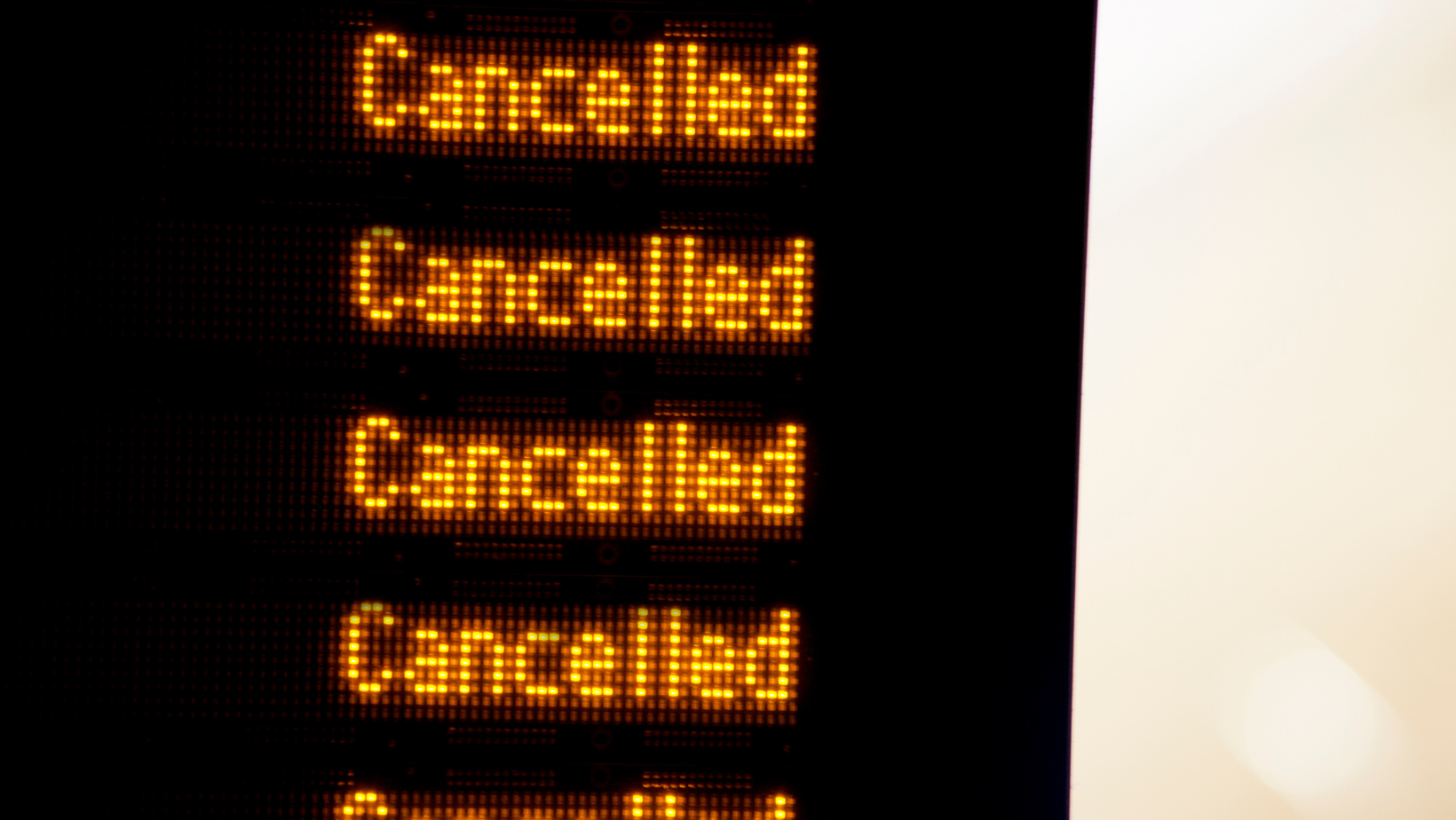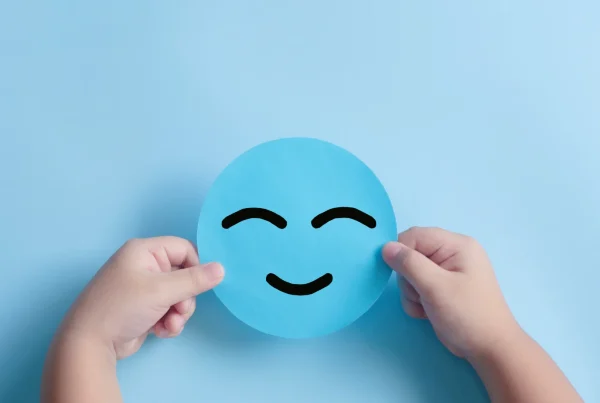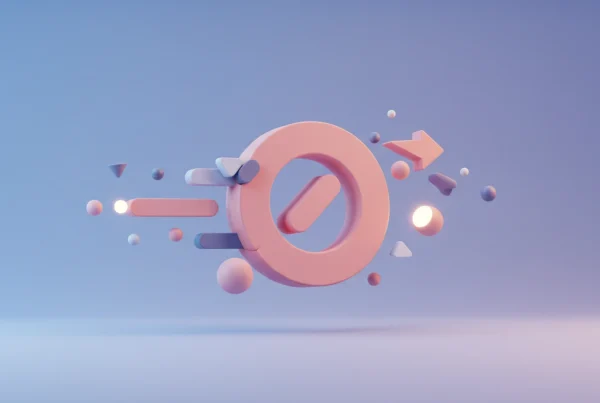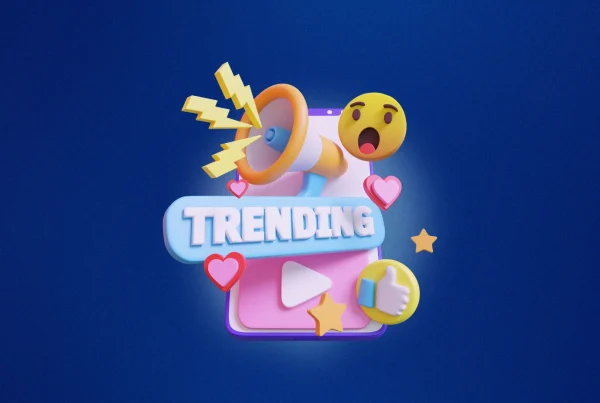
Over the last few years, the so-called cancel culture has grown to become strong reasons influencers get canceled on social media, and in most cases, it’s the influencers that fall under close scrutiny.
In 2024, the #BlockOut24 movement encouraged social media users to unfollow celebrities and influencers who do not speak anything about the ongoing Israel-Gaza conflict.
While some of the reasons are pretty obvious, others are more subtle yet equally damaging. Knowing the actual reasons can put a clearer light on the dynamics going on in cancel culture.
1. Inauthenticity and Deceptive Marketing
The most common reason an influencer faces cancellation is perceived inauthenticity.
An audience wants influencers to be authentic; if they support a product or service not in line with their brand or beliefs, their followers feel betrayed.
This can be supported by a 2023 survey stating that 45% of social media users would cease to follow an influencer due to trust issues or feeling misled.
“Full-time influencers should not be a thing.” is a statement from one of the contents of TikTok, indicating that the only thing that they do is collaborate with brands; it would become not genuine.
Some TikTok users also believe that the bigger amount of followers is also deceiving.
The minute that an influencer’s audience begins to question his or her authenticity, the relationship frays, and possible cancellations are made.
2. Inappropriate Behavior or Comments
It is not a surprise that one insensitive comment, whether online or offline, can get one into serious trouble.
However, several influencers have faced backlash for what appeared to be harmless jokes or opinions that have gone and offended some marginalized groups.
Cancel culture amplifies these mistakes, and many times an influencer’s apology doesn’t quite cut it.
Over recent months, a spate of high-profile influencers lost big brand deals due to controversial remarks, which is a reflection of the zero-tolerance attitude building online.
3. Gross Lack of Accountability: Cancel Culture Influencers
The most common reason many influencers find themselves getting canceled is that they don’t want to own up to their wrong actions.
Nowadays, with information traveling at the speed of light, audiences expect more accountability from public personas.
Denial or shifting blame only fans the flames of cancel culture. When influencers fail to apologize or show regret, they lose the respect of their followers, which can be disastrous in the long run.
More often, their ultimate lack of accountability makes it a quietly underrated factor that brings many of them down.
4. Outdated or Controversial Opinions
While society is constantly changing, so are the values. Influencers who can’t change along with them lose their audience.
What was once acceptable is condemned overnight.
An influencer not willing to change or even consider another point of view will surely raise a public outcry.
Influencers must be flexible and open to ideas in order to maintain their relevance and stay connected with their audience.
5. Lack of Personal Boundaries
The private and professional lives of influencers often blur, but this sometimes backfires.
Too much sharing of personal details, or worse, using vulnerable moments for content, may alienate followers.
This is most true when influencers seem to show complete disregard for their privacy or that of others.
Where personal boundaries are crossed, audiences may feel uncomfortable and withdraw their support, contributing to the cancellation process.
Final Thoughts
In essence, the reasons for which influencers get canceled are really not that clear. Inauthenticity, inappropriate behavior, and failure to take responsibility are all are major contributors to the rise of cancel culture.
An influencer must keep in mind transparency, respect, and awareness regarding changing social dynamics, so that their reputation will be protected and audience trust retained.













